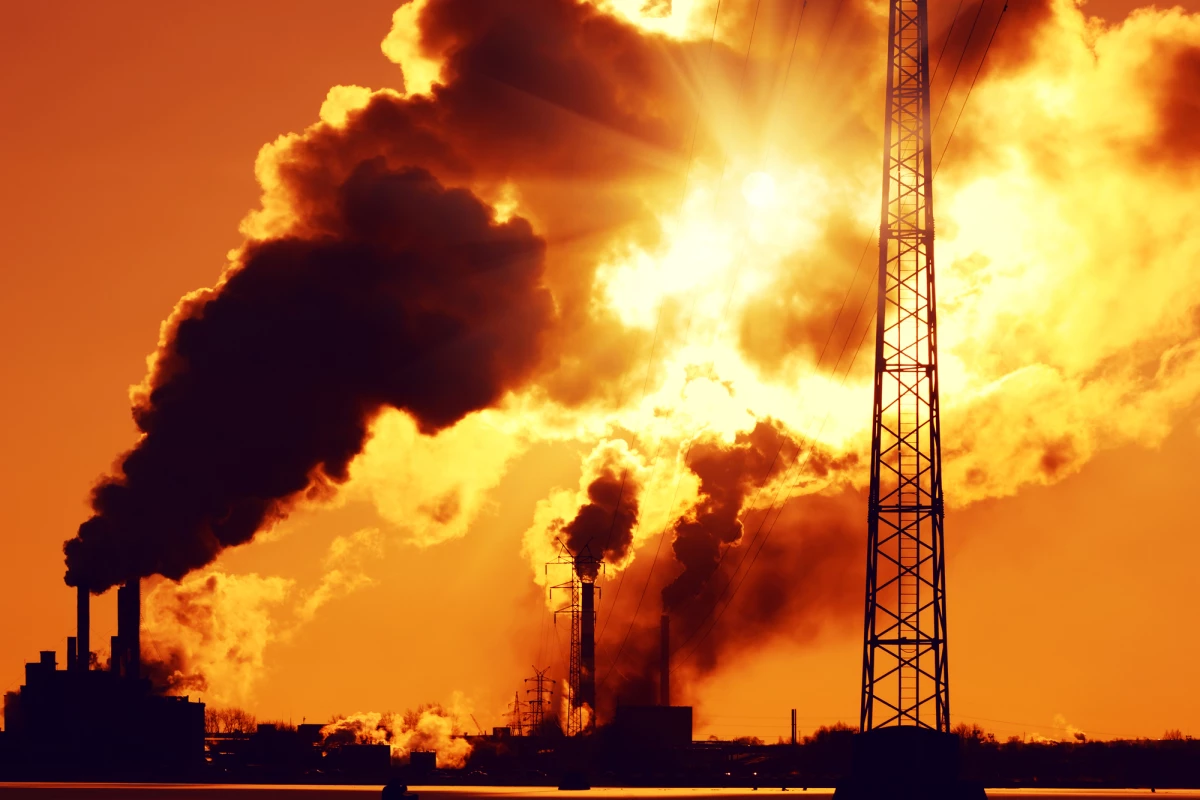Last year the UN's top climate scientists released the first in a trio of reports detailing the dangers of unabated global warming, alluding to dire consequences for humanity in the coming decades. The second report is now in and the outlook is only becoming darker, with UN chief António Guterres describing the abdication of leadership on the issue as "criminal."
These first two reports are installments in the Intergovernmental Panel on Climate Change's (IPCC) broader Sixth Assessment Report due to be completed this year. The first looked at the physical science of climate change, with the authors describing it as a reality check and warning of increased natural disasters such as heatwaves and floods, along with other effects on the environment such as the accelerated thawing of Arctic permafrost.
The latest focuses on the impacts, adaptation and vulnerability in the face of climate change with a temperature rise of 1.5°C (2.7°F) above pre-industrial levels. It's findings show that the world faces unavoidable climate hazards over the next two decades, with the populations and ecosystems least equipped to cope to be the "hardest hit."
“This report is a dire warning about the consequences of inaction,” said Hoesung Lee, Chair of the IPCC. “It shows that climate change is a grave and mounting threat to our wellbeing and a healthy planet. Our actions today will shape how people adapt and nature responds to increasing climate risks.”
Heightened heatwaves, droughts and floods are already more severe than plants and animals are able to tolerate, driving widespread mortality in a range of species. These types of weather events are already exposing millions to water and food insecurity, with millions of people in Africa, Asia, the Arctic and Central and South America bearing the brunt of these effects.
The facts are undeniable. This abdication of leadership is criminal. The world’s biggest polluters are guilty of arson of our only home.
The window for action is narrowing, the report says, with rapidly reducing greenhouse gas emissions the obvious and most important course of action. It also, however, points to the potential for nature to help us adapt to climate change, highlighting the need to foster healthy ecosystems in order to ensure the ongoing supply of vital resources. It also means safeguarding soils to allow diverse plants to grow, for example, and bringing nature into cities to soften the effects of urban heating.
“Healthy ecosystems are more resilient to climate change and provide life-critical services such as food and clean water,” said IPCC Working Group II Co-Chair Hans-Otto Pörtner. “By restoring degraded ecosystems and effectively and equitably conserving 30 to 50 per cent of Earth’s land, freshwater and ocean habitats, society can benefit from nature’s capacity to absorb and store carbon, and we can accelerate progress towards sustainable development, but adequate finance and political support are essential.”
In comments accompanying its launch, Guterres described the report as an "atlas of human suffering." He went on to say, "unchecked carbon pollution is forcing the world’s most vulnerable on a frog march to destruction – now. The facts are undeniable. This abdication of leadership is criminal. The world’s biggest polluters are guilty of arson of our only home. It is essential to meet the goal of limiting global temperature rise to 1.5 degrees Celsius. Science tells us that will require the world to cut emissions by 45 percent by 2030 and achieve net zero emissions by 2050."
The third report, which will focus on the mitigation of climate change, is due for publication in early April 2022.




